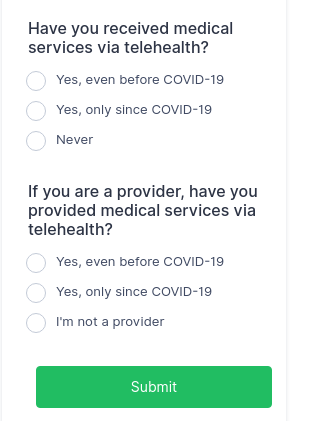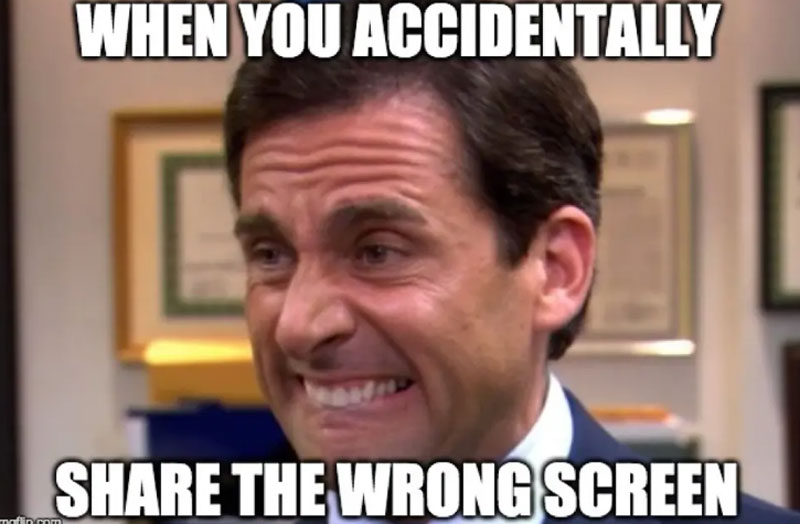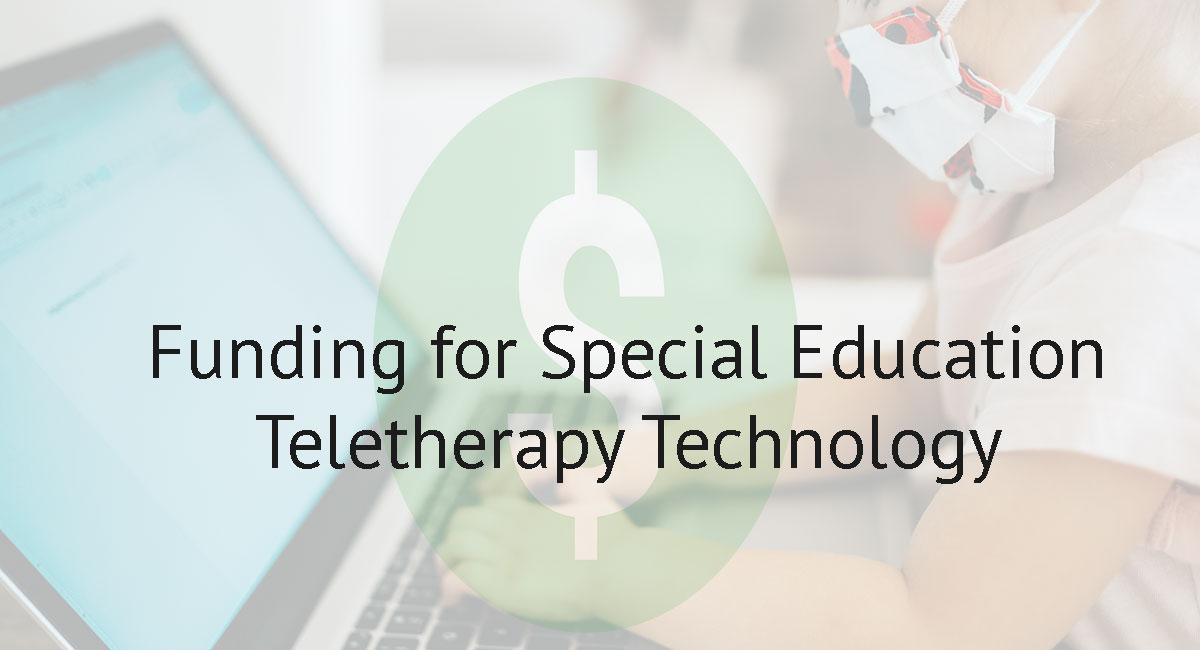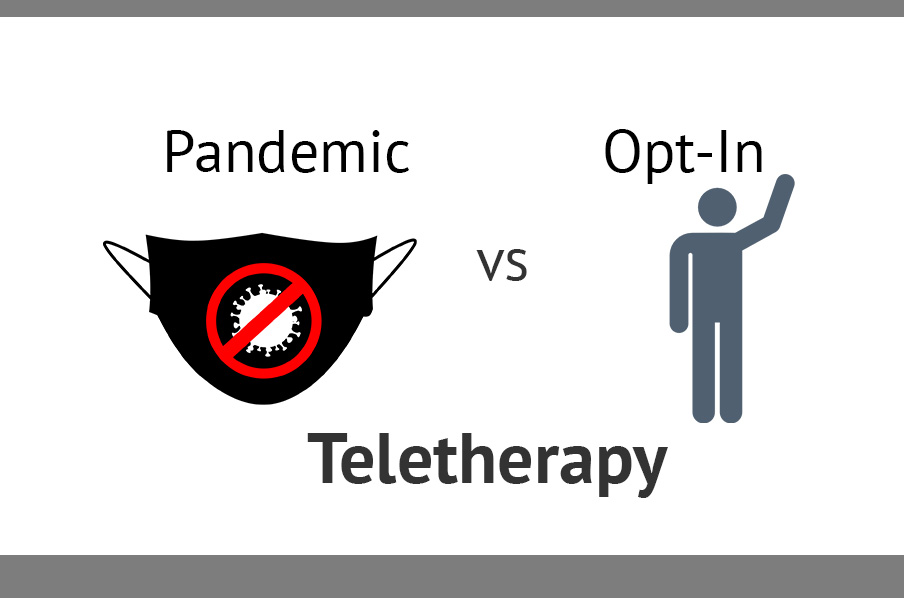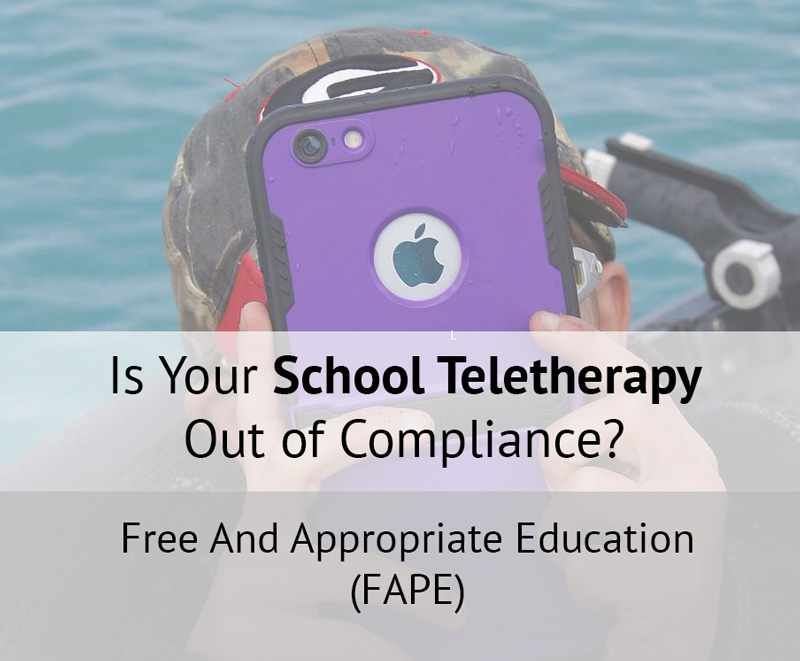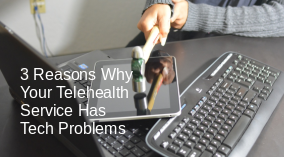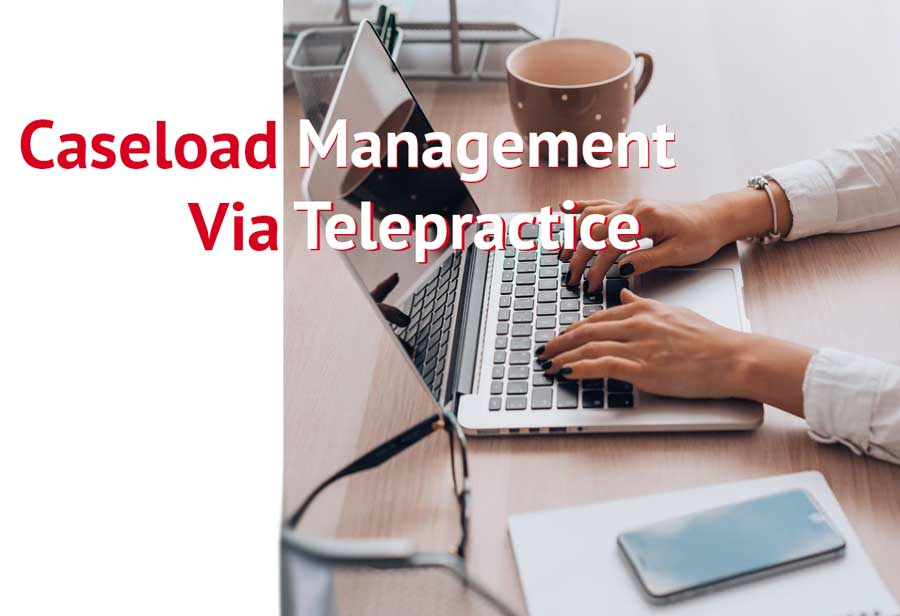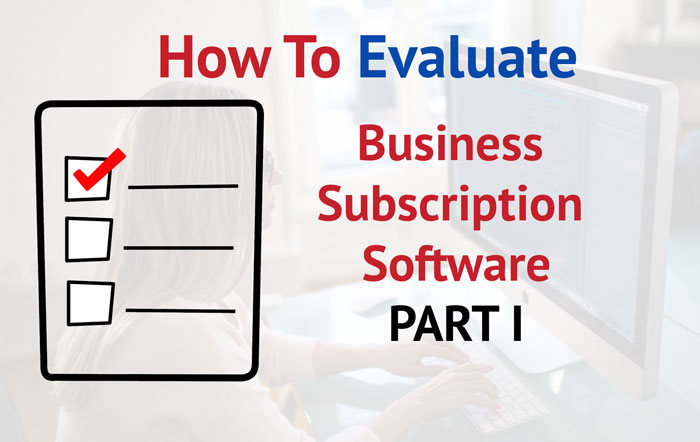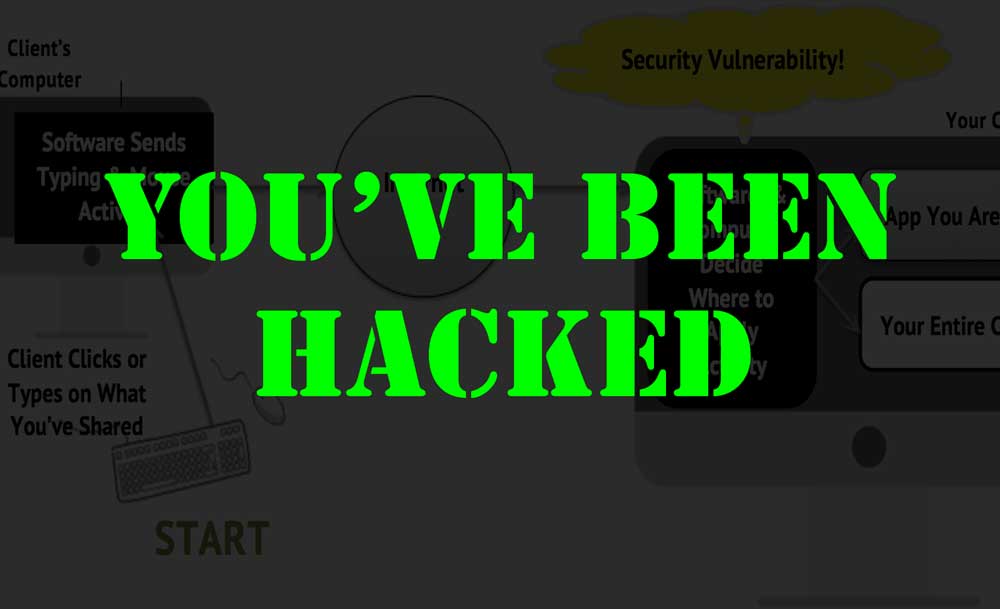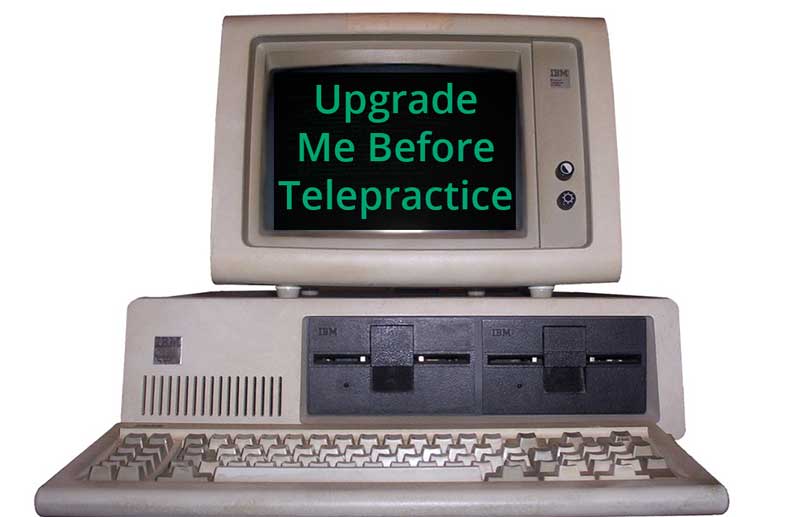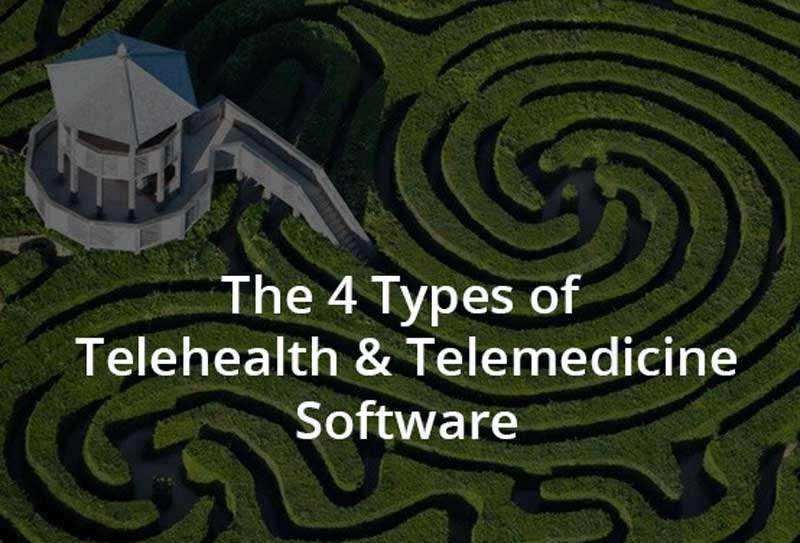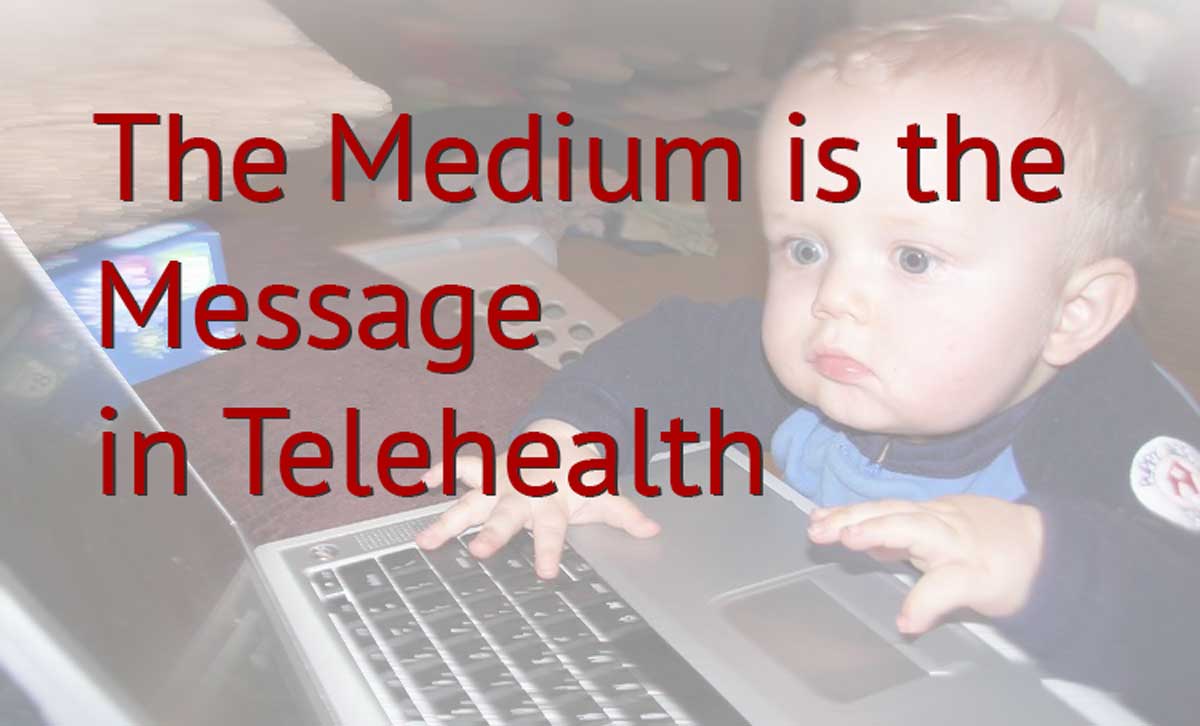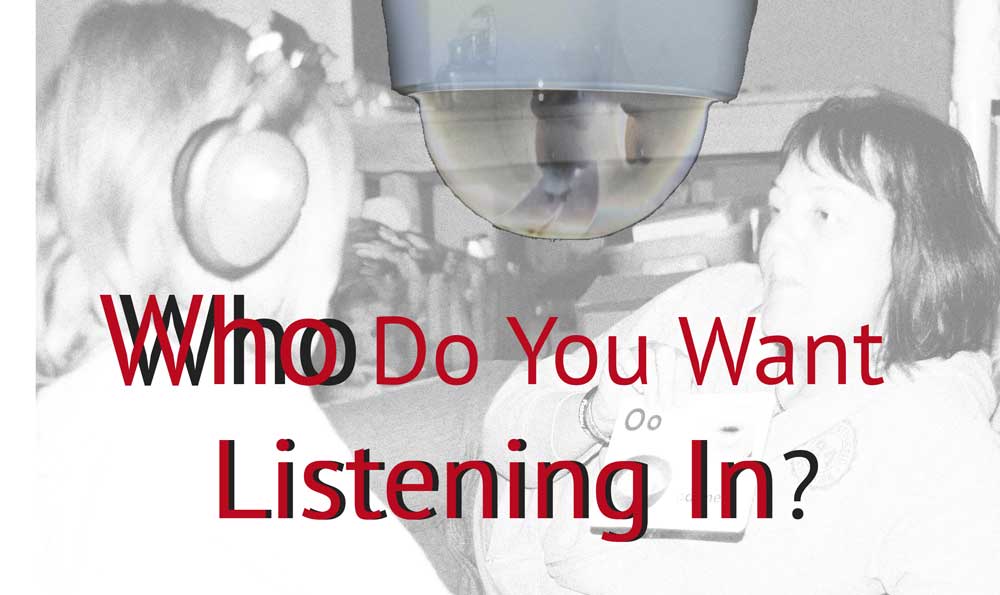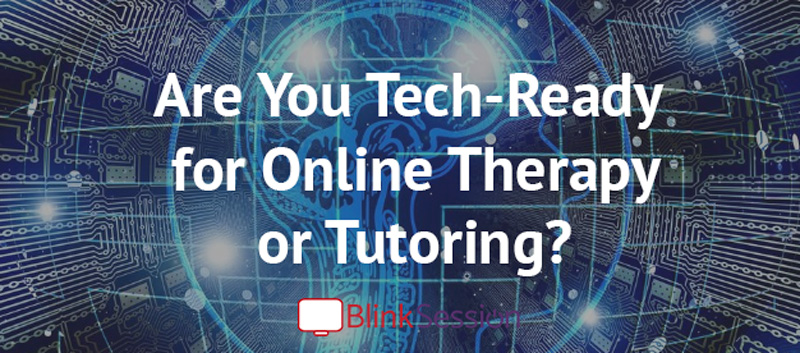After Years of Using Zoom for Teletherapy |

How do you do online speech therapy, occupational therapy, or tutoring? You usually do not simply talk to your clients; You bring up activities and resources. It is not easy to keep clients (especially kids) engaged. Thus, you might use websites like pbskids.com or Nick Jr, but is that legal?
Why could it be stealing to use pbskids.com or another website in an online session? Therapists and teachers are not going to be thrown into jail over bringing up a Bat Man game during an online session. The issue has to with terms and intellectual property. Hundreds of online therapy companies violate terms and intellectual property law every day. The issues are real but complex.
Before we dive in, it is important to state that no part of this article constitutes legal advice or opinions. Blink Session is not a law firm and you should consult your own counsel on matters pertaining to your business.
Free, Not Charity
Today, the Internet and app stores are stocked full of freemium (free or paid premium versions) or advertisement-driven entertainment. We love free games and software, including me, but no company survives off giving things away. Companies give away "free level" memberships to encourage you to upgrade to the paid option, or, they are funded by advertisers. Even PBS, a non-profit operates this way.
It's probably not news to you that PBS, Nick, Disney, and every other television and movie company make billions from toys and merchandise. Why does my five-year old want every paw patrol there is? Sure, the shows help, but free website games and apps drive sales as much as television.
Websites like pbskids.com, nickjr.com, or lol.disney.com fundamentally exist to promote their brand and products. They did not spend millions to give you a free resource. They exist as an indirect means for the company (or non-profit) to make money.
Did You Read the Terms?
Soon we will bring it back to what this all means to online therapy, but we must first talk terms.
Let's look at a part of pbskids.org terms:
Did you notice the last part: "The services are for your personal use." PBS is stating that they created the free content for kids to use on their own - for their personal use. Personal use is not the same as using the service within commercial business, or even for educational reasons.
If you are using pbskids.com as part of your therapy without paying them something, you could be violating their terms. They might not have a way for you to pay them, but that's another issue. It's important to remember that using digital resources as part of your job is legally different than personal use.
That does not mean PBS is looking for individual therapist to sue. It does mean that you could face problems if you are instructing your 300 therapist company to use pbskids.com, or another site. The risk comes when your company makes money which is aided by the use of intellectual property and services you do not have rights to use for that purpose.
Ignorance Is not Bliss
Keeping clients (especially kids) engaged is not easy. The last thought you have jumping into online therapy is copyright. That said, if you are a teletherapy leader or business owner, you must be cautious.
Though online therapy is new, publishers have been battling copyright violations for decades. Digital publishing has caused a new set of issues for publishers because their intellectually property can be copied to thousands of people in seconds. Most of us remember Napster.
At Blink we have talked to many teletherapy companies who have thousands of PDFs, images, and other resources for online therapy siting on shared Google drives and Dropbox. Few have copyright to disseminate these resources to all their therapists. Imagine if one therapist buys a $3 PDF from teachers-pay-teachers and copies it to a shared drive for everyone to use. Every time someone else uses that PDF, the creator loses $3. Everytime you disregard copyright, not only are you stealing someone's work, you are discouraging content creators from creating anything new.
Aim for Doing Things Right
None of this is easy. Knowing if you have the "right" to use online games or PDFs in therapy can be hard to determine. Website "terms" are not always clear. Plus, it's unlikely websites like nickjr.com could have envisioned some of the ways we are using their free resources.
Telehealth Quick Poll
